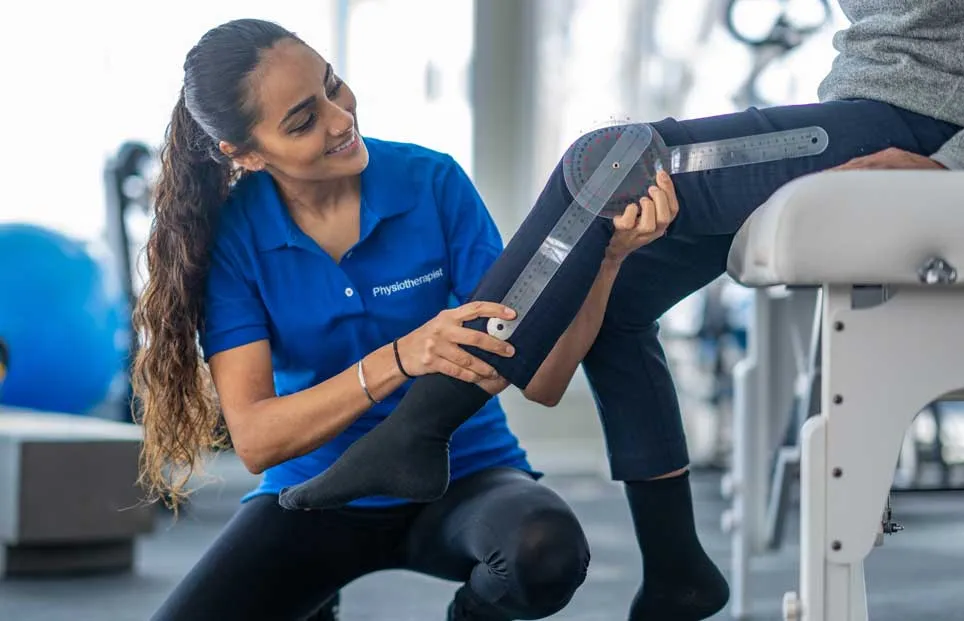Empowering Recovery Via Physical Treatment After Operation
Empowering Recovery Via Physical Treatment After Operation
Blog Article
Recovering from an operation can be a difficult journey, but physical therapy plays a vital role in assisting individuals recover their strength and movement. After the procedure, the body needs a period to recover, and physical therapy provides a systematic approach to recovery. This method not only centers on physical rehabilitation but also highlights the significance of mental well-being. By engaging in physical therapy, patients can enable themselves to manage of their healing and enhance their overall standard of life.
Rehabilitation after surgery typically begins with an evaluation by a licensed physical therapist. This expert assesses the patient's condition, including their range of motion, power, and discomfort levels. Based on this assessment, a personalized treatment plan is developed. This plan may consist of workouts to improve flexibility, strength training to rebuild muscle, and techniques to enhance balance and coordination. The therapist will guide the patient through these exercises, making sure they are executed safely and efficiently. This customized approach helps patients progress at their own speed while meeting their specific requirements.
One of the key advantages of rehabilitation is discomfort management. After the procedure, many patients feel discomfort or pain, which can hinder their ability to move and engage in daily activities. Physical therapists use various techniques, such as hands-on therapy, treatments like heat or ice, and targeted workouts, to help alleviate pain. By managing pain effectively, patients can engage more completely in their rehabilitation workouts, leading to faster recovery. Additionally, learning how to control pain can empower patients to assume an engaged role in their recovery process.
Another crucial aspect of rehabilitation is instruction. Patients are taught about their condition, the healing process, and the significance of adhering to their recovery program. This knowledge helps patients understand what to anticipate during healing and the role they play in their own healing. Physical therapists also provide advice on how to adjust daily tasks to avoid further injury and promote healing. This educational component fosters a sense of independence and confidence, allowing patients to feel more empowered of their healing journey.
In conclusion, physical therapy is an integral component of healing after an operation. It check here not only assists in bodily rehabilitation but also supports emotional and psychological well-being. Through personalized treatment plans, pain management techniques, and informative support, physical therapy empowers patients to manage of their healing. By actively engaging in their recovery, individuals can recover their power, improve their movement, and improve their overall quality of life. Embracing rehabilitation after an operation can result to a successful and fulfilling recovery experience.